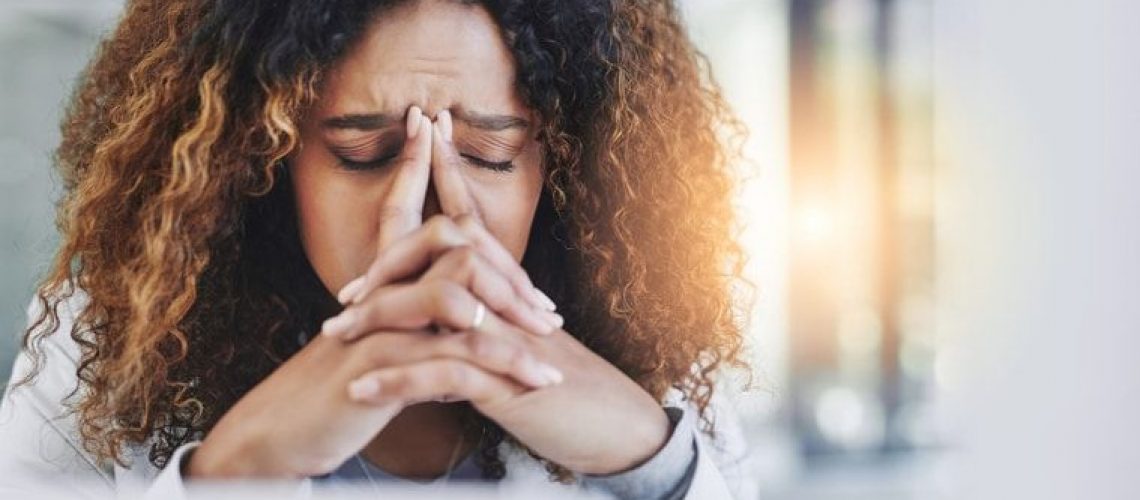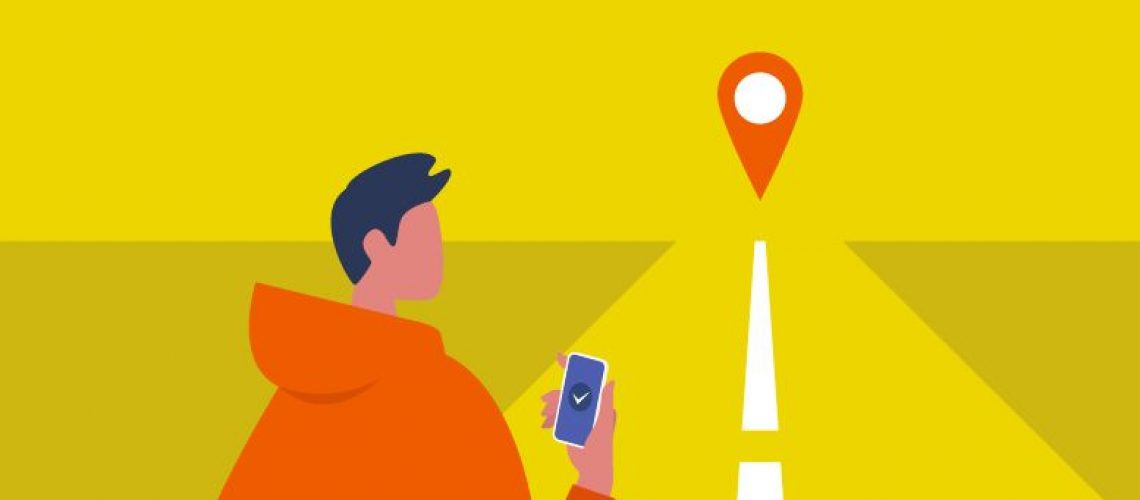Chythanya Murali, a then-13-year old, 9th-grade student in Maryland, was awarded First Place in Engineering in the Broadcom MASTERS held in Washington, DC, Oct. 24 – 29, 2014, in recognition of her science fair project, which explored the unique combination of oil-eating enzymes and oil-decomposing bacteria to clean up oil spills. Rebecca Ponton talks to Chy, as she likes to be called, about pursuing her passion for science.
You said the BP spill inspired your science project. What was it in particular about the spill? Were you personally affected or did you know someone who was?
Not exactly. The commercials gained widespread [publicity] for how horrible its effects were. It was devastating to see all that. Then, I researched it and what I found in the research articles where the materials used [for the clean-up], like COREXIT, were doing more harm than good for the aquatic ecosystem, so that was a propelling factor.
Do you have a particular interest in ecology?
I have a general interest in science. The subject is beautiful. [I’m] often interested by different topics in science.
What would say to encourage other young girls to focus on STEM subjects in school?
In all honesty, it’s up to the individual. Girls should be able to follow their interests and work on them, and develop their own pursuits. Of course, interests are not just developed solely by the person. Sometimes, teachers, mentors, parents, somebody, will always interest you. My mom, for example, is the one who brought me into science. But, I think my teachers – the way they applied their subjects – are who motivated me the most. For middle school [where I presented my science project], I went to LISA Academy in Arkansas. The teachers were excellent. My mom gave me a good introduction and my dad is constantly there for support, and I have had other people who have carried that on throughout my life.
You were a finalist in the Broadcom MASTERS and went on the win First Place in Engineering. What has that recognition meant to you?
Being rewarded for something you worked hard for brings motivation and confidence within yourself. It feels great. I don’t know how else to put it. It [was] heartwarming to be a finalist.
Although your project did not win the $25,000 top prize, you won a $3,500 prize and an i-Pad Air for First Place in Engineering. What will you do with the prize money?
If I had won the top prize, I probably would have used the money for my research. It’s expensive to continue and I would have put the prize money toward those costs. I am going to use the $3500 toward a summer camp. I don’t know which one, but definitely something related to STEM.
Since the article about your project came out in Business Insider have any companies contacted you that are interested in your idea?
No, not yet, but it is my hope that someone will come along.
Do you think you will still continue your research and work on it?
I will try to do what I can and, if not, maybe due to financial constraints, I may try to find other topics, either related to this or that I find interesting. [The oil spill clean-up idea] wasn’t totally out of the blue, but it was something that caught my interest quickly, so maybe another topic will arise like this. Because I do want to help somehow, in any way I can. That would be great.
You’re a freshman in high school. Do you have any idea what you would like to do as a career or what field you would like to go into?
I have felt strongly about becoming a physician, possibly a cardiologist. I don’t know whether that will change throughout high school as I pursue different topics, but at the moment, I feel like that’s right. My school has Advanced Research Learning (ARL) and has a program that’s related to medicine and primary care. Also, they have a course in Anatomy and Physiology and that’s one I’d really like to try. I may become an ecologist, I don’t know. Ecology is really awesome. There are limitless opportunities. I’m a part of our school newspaper at the moment, and I’m training to become a writer, so I have multiple interests.
In 2014, 17-year old Malala Yousafzai was awarded the Nobel Peace Prize (which she shared with Kailash Satyarthi). Being in a similar age group – you were 13 then – was that inspiring to you?
When young people are rewarded for things they do, it’s amazing. I always see what people in other countries are doing on the news, and I think, 'Whoa, that’s amazing. I want to try to be a part of that.' Just seeing what other people are doing all around the world gives you confidence.
"You think, 'Maybe I could try to do that. I have the abilities to do that.'"
Chythanya Murali, Maryland 9th grader





